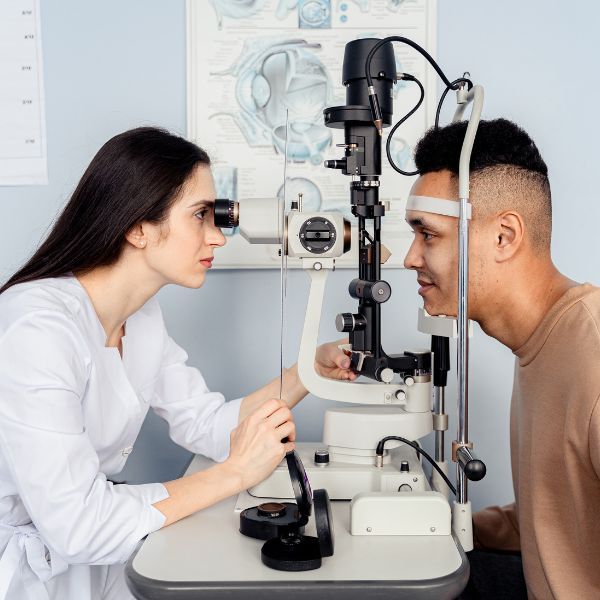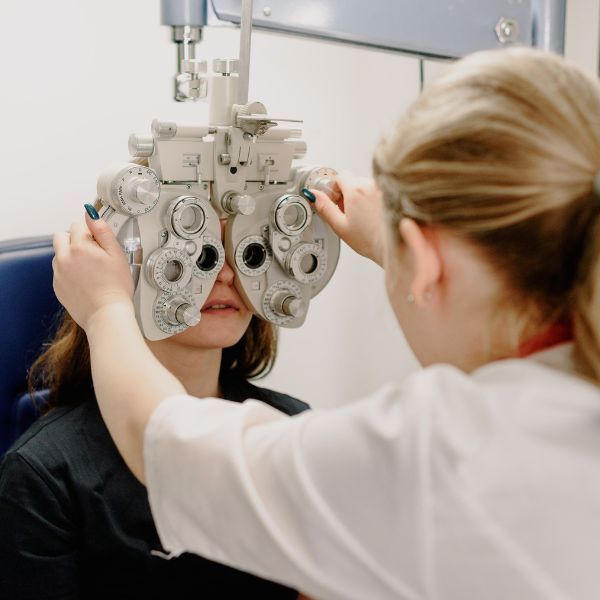At Optical Illusionz in the Greater Houston area, we understand that navigating your eye care options can be confusing. Many patients may wonder whether to visit an optometrist or an ophthalmologist for their eye care needs. Both professionals play essential roles in maintaining your vision and eye health, but they serve different functions. Understanding these differences can help you make an informed decision for your eye care journey.
Choosing the Right Eye Care Professional: Optometrist vs. Ophthalmologist
Choosing the Right Eye Care Professional: Optometrist vs. Ophthalmologist

What Do Optometrists Do?
Optometrists are primary eye care providers who specialize in examining, diagnosing, and treating vision problems. At Optical Illusionz, our optometrists conduct comprehensive eye exams to assess visual acuity and eye health. They also prescribe corrective lenses, including glasses and contact lenses, tailored to your specific needs. Optometrists are equipped to manage various eye conditions, making them the first point of contact for most patients seeking eye care.

What Do Ophthalmologists Do?
Ophthalmologists are medical doctors specializing in eye and vision care. They have a broader scope of practice, which includes performing surgeries and treating more complex eye diseases. If you have a severe eye condition or require surgical intervention, an ophthalmologist is the right choice. They also work closely with optometrists to provide comprehensive care, ensuring that patients receive the best treatment options available.

Level of Training
Optometrists typically complete four years of optometry school after earning their undergraduate degree. In contrast, ophthalmologists undergo extensive medical training, including medical school and a residency in ophthalmology, which can take up to 14 years to complete. This difference in training allows ophthalmologists to handle more intricate medical and surgical cases.

Depends on Your Needs
For routine eye exams, prescription lenses, and managing common eye conditions, an optometrist like our team at Optical Illusionz is ideal. However, for surgeries or advanced treatments, consulting an ophthalmologist would be necessary.
Understanding the differences between optometrists and ophthalmologists can help you take proactive steps in managing your eye health. At Optical Illusionz, we are happy to guide you through these choices, ensuring you receive the right care for your unique situation. Schedule your appointment with us today and support your vision for a brighter future!
